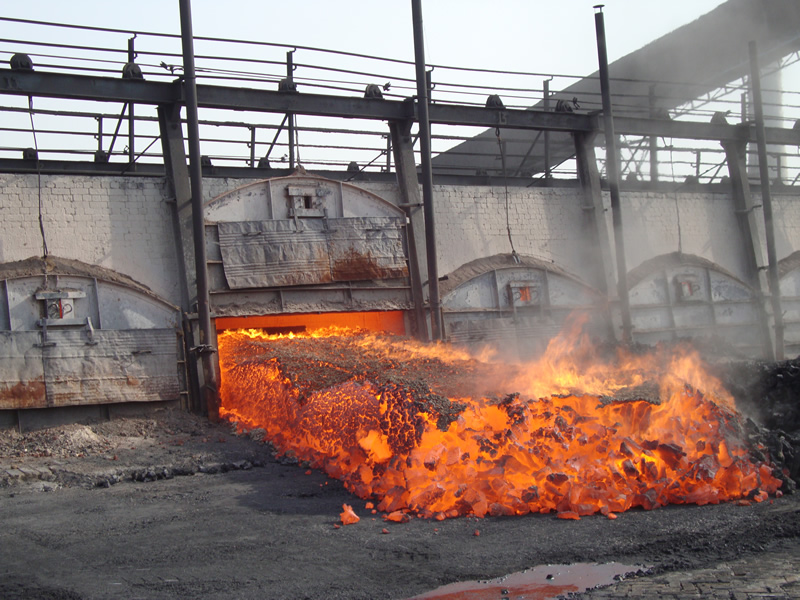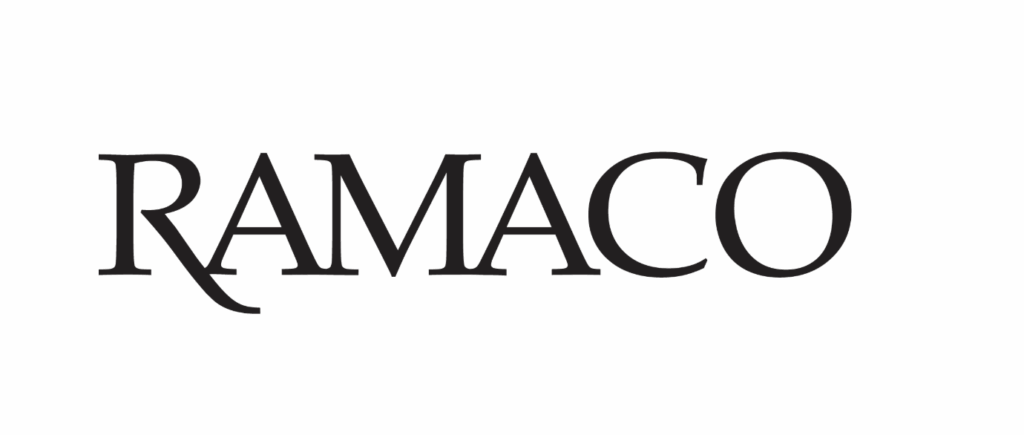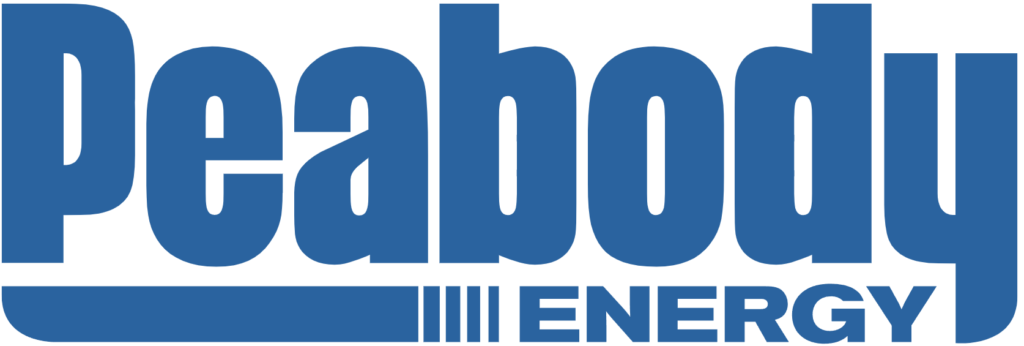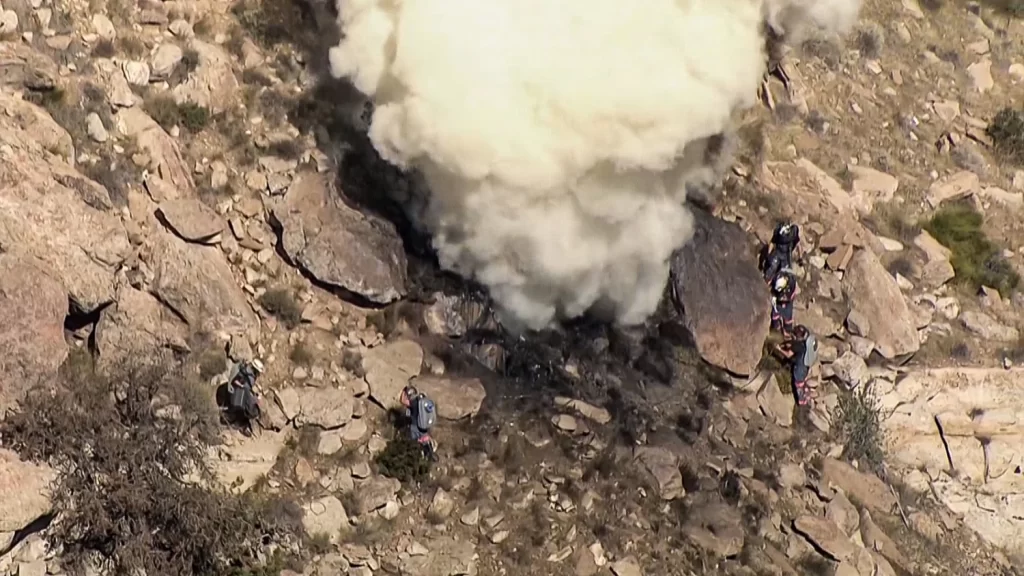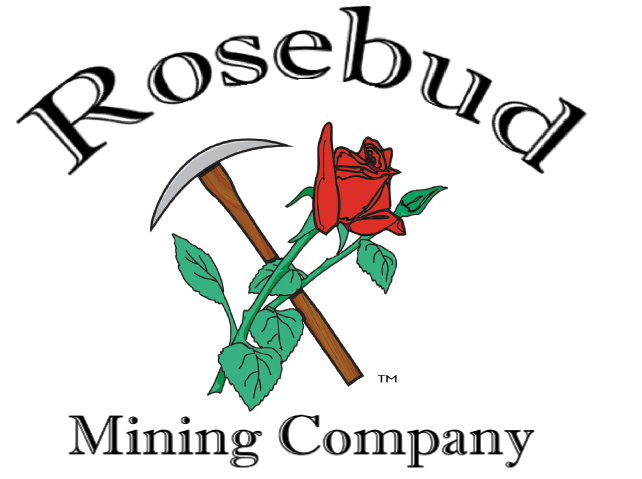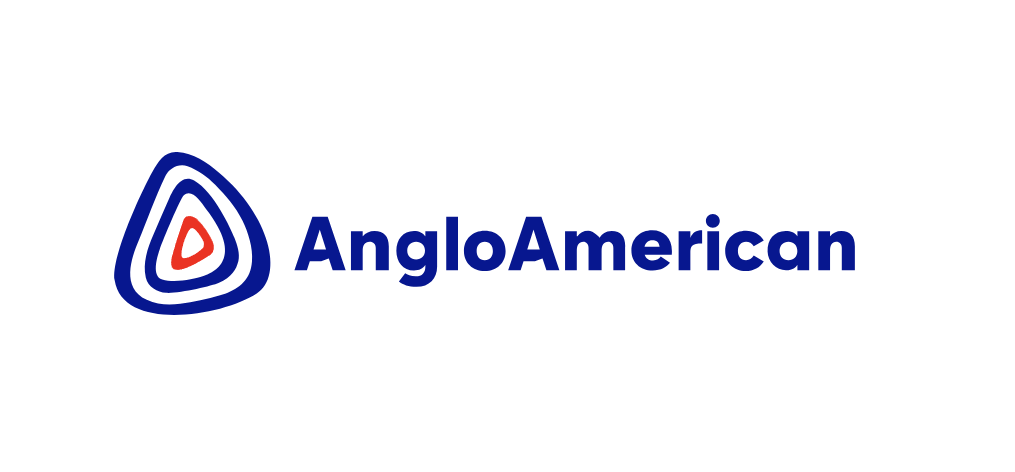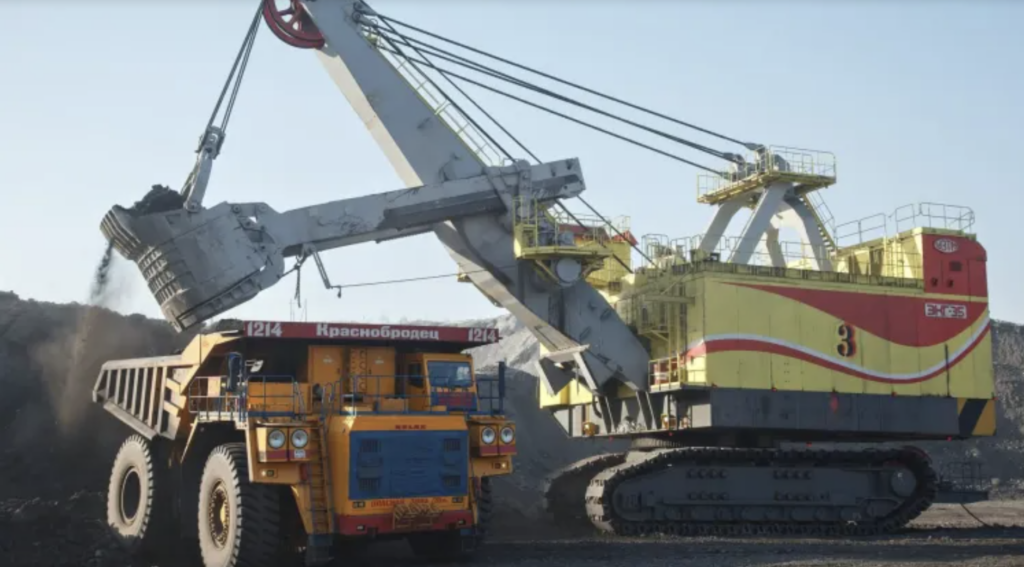China metallurgical coke producers are pushing back against price cuts of 50-55 yuan per ton suggested by major steel mills in Hebei province and Tianjin City on June 11. During a meeting on the same day, producers from Shanxi, Hebei, and Inner Mongolia decided to reject the cuts due to high production costs and potential decreases in output, even threatening to cease supplies to any mills that enforce them.
This resistance comes in the context of a stabilizing coke market, which had previously seen a price drop of 100-110 yuan per ton on May 21 after multiple rounds of increases. Coke manufacturers argue that the proposed cuts do not align with current market trends, which are characterized by regional supply constraints and elevated coking coal prices. These factors are causing significant operational losses, with some producers reporting losses between 150-230 yuan per ton for dry-quenching coke and 50-190 yuan per ton for wet-quenching coke.
In response to these challenges, coke producers plan to moderately increase prices and control production to mitigate losses. Although coking plants are maintaining normal capacity utilization, the industry faces ongoing challenges related to thin profit margins and environmental regulations.
Demand for coke remains robust, as indicated by low inventories at steel mills, which continue to operate at high capacity. Some captive coking plants have already reduced production by 10-30% due to the high costs of coking coal and operational issues, forcing steel mills to seek additional supplies from other producers.
Despite the majority stance, a few coke producers have agreed to the price cut starting June 15, amidst declining prices for finished steel products like Shanghai HRB 400 rebar and hot-rolled coil.
Overall, the Chinese coke market is expected to remain in a deadlock in the near term, reflecting ongoing tension between supply constraints and sustained demand from the steel industry.

